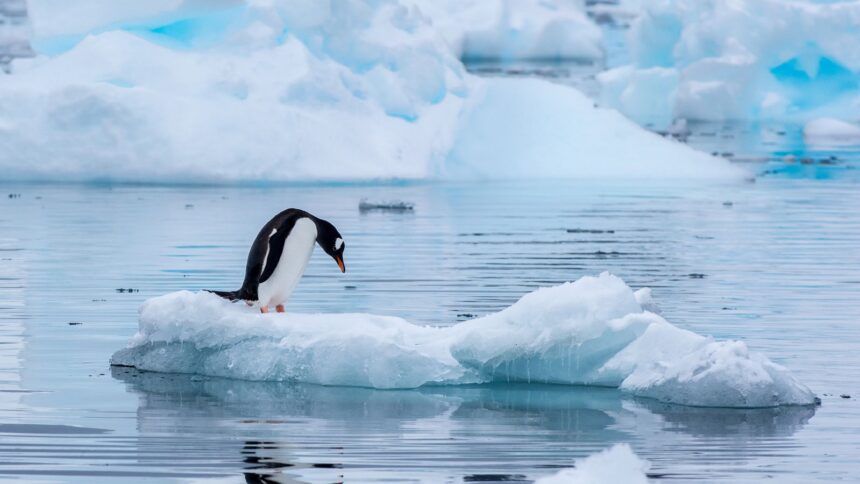The Earth is still rotating a little bit faster than it used to, even if the loss of ice has slowed the planet’s rotational speed.
Due to the overall rise in speed, world timekeepers may need to think about deducting a second from our clocks for the first time in history.
The study, which was published in the journal Nature, suggests that in order to maintain universal time in sync with Earth’s rotation, clocks may need to miss one second, or a “negative leap second,” about 2029.
The study’s author, geophysicist Duncan Agnew of the University of California’s Scripps Institution of Oceanography, claims that the distribution of Earth’s mass has altered as a result of ice melting in Greenland and Antarctica.
According to the study, this has caused the Earth’s rotation to slow down since greater mass is found near the equator, where there is less solid ice in the northern and southern regions of the planet.
To illustrate this, Mr. Agnew gave the example of a figure skater spinning around on ice.







